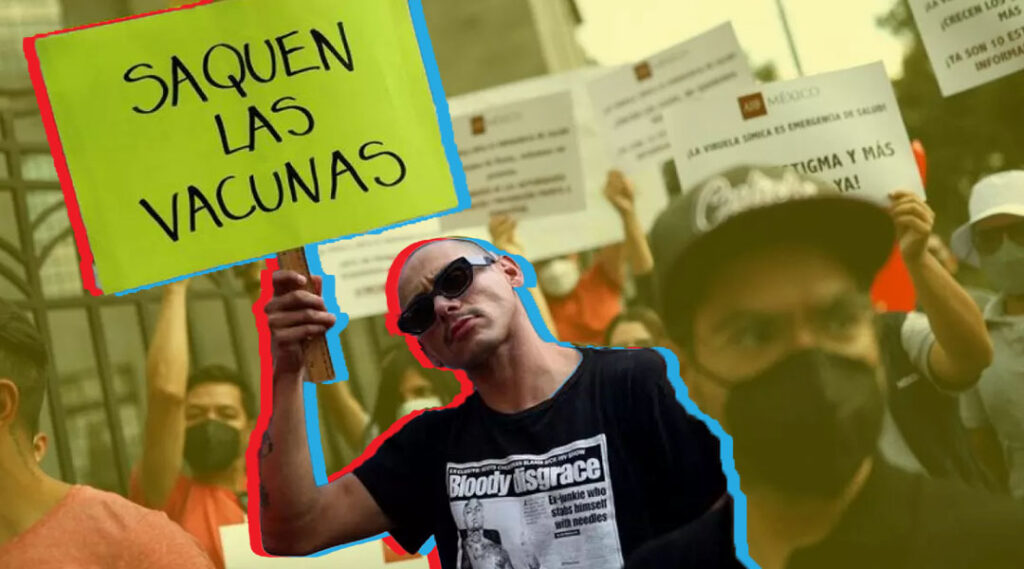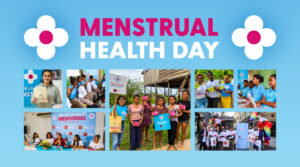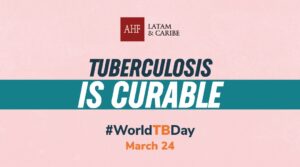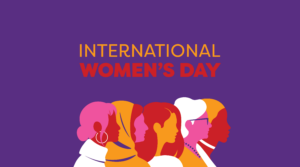Contrary to the strategies that many Latin American countries are adopting in the face of the Monkeypox outbreak, also known as Monkeypox, Mexico has not taken decisive action against this new epidemic, which in the first half of November reached 3,141 confirmed cases. , 5 thousand 243 suspects and four officially recognized deaths.
Given the urgency of a public policy that not only adequately addresses cases –which is not happening either–, but also prevents new infections by vaccinating the most vulnerable groups, a group of allied organizations and individuals have formed the MX Monkeypox collective, to demand that the State take action on this matter, which since May of this year has been declared an international health emergency.
To present their demands, the collective opened a petition on the Change.org digital platform, where they propose a series of actions that should be carried out to contain the epidemic outbreak in the country.
Delay in actions
“In Mexico there is a lack of forceful and decisive actions, unlike other countries where Monkeypox statistics are already declining,” said José Antonio Matus, advocacy coordinator for AHF Mexico, one of the organizations that make up part of Monkeypox MX.
“We do not see progress, for example, in the acquisition of the vaccine, when most of the countries in Latin America are already beginning to vaccinate,” he emphasized, since many of them were supplied through the Revolving Fund of the Pan American Organization of the Health (PAHO) “and they announced that they had already acquired the vaccines, or that they were already beginning to vaccinate their populations.” Among these countries are El Salvador, Panama, Brazil, Colombia and Peru.
On the other hand, the detection is completely centralized, since all the samples are sent to the country’s capital for analysis, to the Epidemiological Diagnosis and Reference Institute (INDRE), even though the Ministry of Health had announced the possibility that the diagnosis will be made in more entities.
Regarding the care of the cases, the institutions do not have established protocols, with the exception of the Condesa Specialized Clinic, which is usually in charge of caring for people with HIV in Mexico City who do not have social security. But an adequate response has not been seen in other institutions, says Matus.
The absence of vaccination is unjustified
Added to the above, the lack of vaccines is of particular concern to the activists of the Mexican collective, since six months after Monkeypox was declared a health emergency, the Mexican government has not acquired any dose of the biological nor has it authorized to enter the country, in the event that an individual intends to acquire it.
The National Vaccination Council has spent all this time “analyzing the relevance of acquiring the vaccine,” explains José Antonio Matus, “however, it is a vaccine that has already been tested in various countries, the Centers for Disease Control (CDC) and the US Food and Drug Administration (FDA) are using it, as well as several countries in Europe; PAHO itself has encouraged countries to acquire it”.
For this reason, the interviewee commented, the organizations “we don’t know what they are analyzing, what evidence are they waiting for? In this sense, we have asked if Mexicans are different from the rest of the world population so that analyzes have to be so rigorous”.
So far, Mexico has not even issued a declaration of a health emergency, when this was the first step that other countries took when the outbreak began. “It seems to us negligence, since this emergency declaration must contain the measures to deal with the epidemic, and in the COVID-19 pandemic it was issued from the first days,” the activist clarified, adding that “we consider that the authorities’ refusal to issue it is because the acquisition of the vaccine would have to be included.
Contradictions of the authorities
Ironically, along with this lack of government action, on November 10, a group of Mexican officials published an article in the prestigious medical journal The Lancet that recommends vaccination against Monkeypox for population groups at higher risk of infection. .
The piece is signed, among other authors, by the Undersecretary for Prevention and Health Promotion, Hugo López-Gatell; the head of the Coordinating Commission of the National Institutes of Health and High Specialty Hospitals, Gustavo Reyes-Terán, and the director of the National Center for the Prevention and Control of HIV/AIDS (Censida), Alethse de la Torre.
“This worries us a lot,” says Matus, “because before scientific journals it is intended to show a side attached to scientific evidence and this is far from the public policies that are undertaken in our country.” So, it seems that there is a confrontation between scientific evidence and public policy. “It seems that they are fighting but it is the same people who write an article and who should make the decisions.”
Institutionalized homophobia or neglect
For the member of AHF Mexico, there are few reasons why the government has not taken more forceful steps to stop the spread of Monkeypox. One of them could be “institutionalized homophobia”, since it is well known that the groups most affected by this epidemic are men who have sex with men, such as gay and bisexual men.
Although anyone can catch the virus, this information has not been sufficiently disseminated by health authorities, which increases stigma and discrimination towards already vulnerable populations.
“This hinders detection because people believe that they are going to be associated with these groups that have traditionally been stigmatized, or if they really belong to these groups, they believe that by going to institutions they will be discriminated against.”
In order to address all of the aforementioned issues, as well as others that need to be covered in order to provide an adequate response to Monkeypox, the civil organizations posted their petition on Change.org and invite everyone to know and sign it, so that demands are supported by as many voices as possible.







